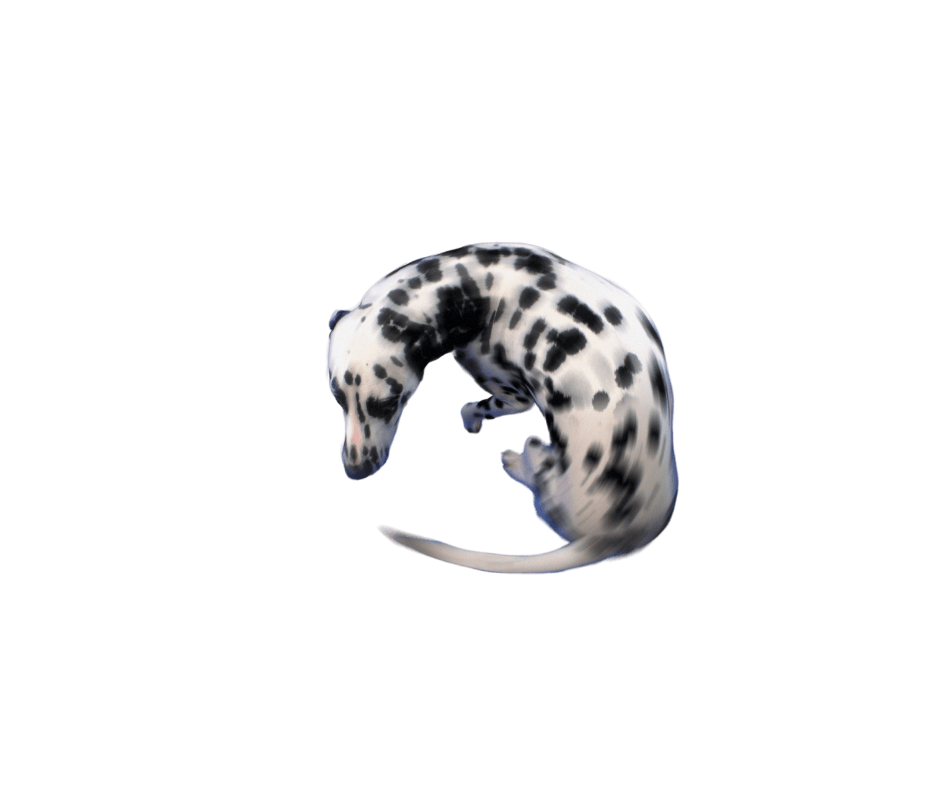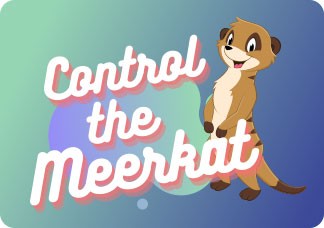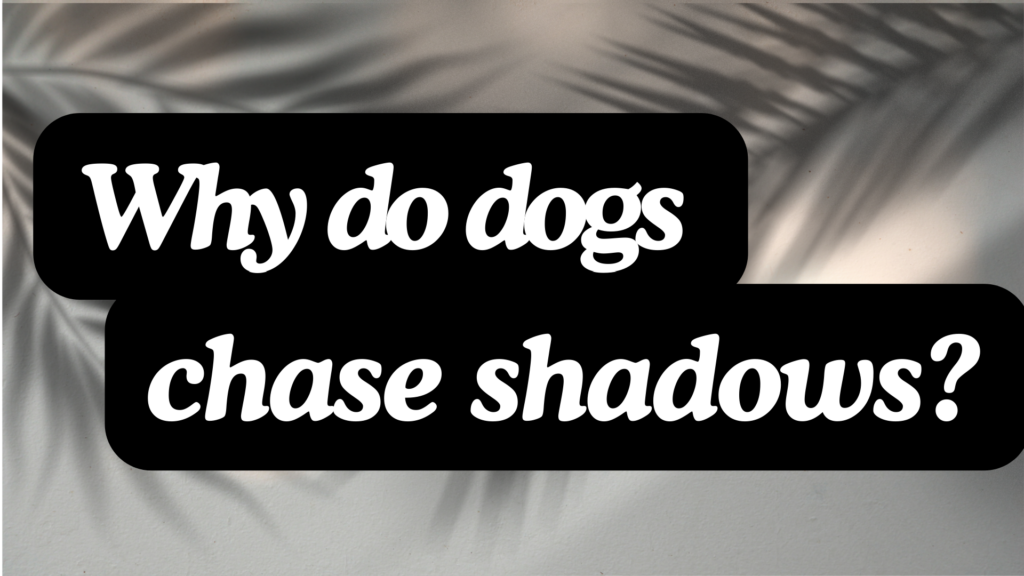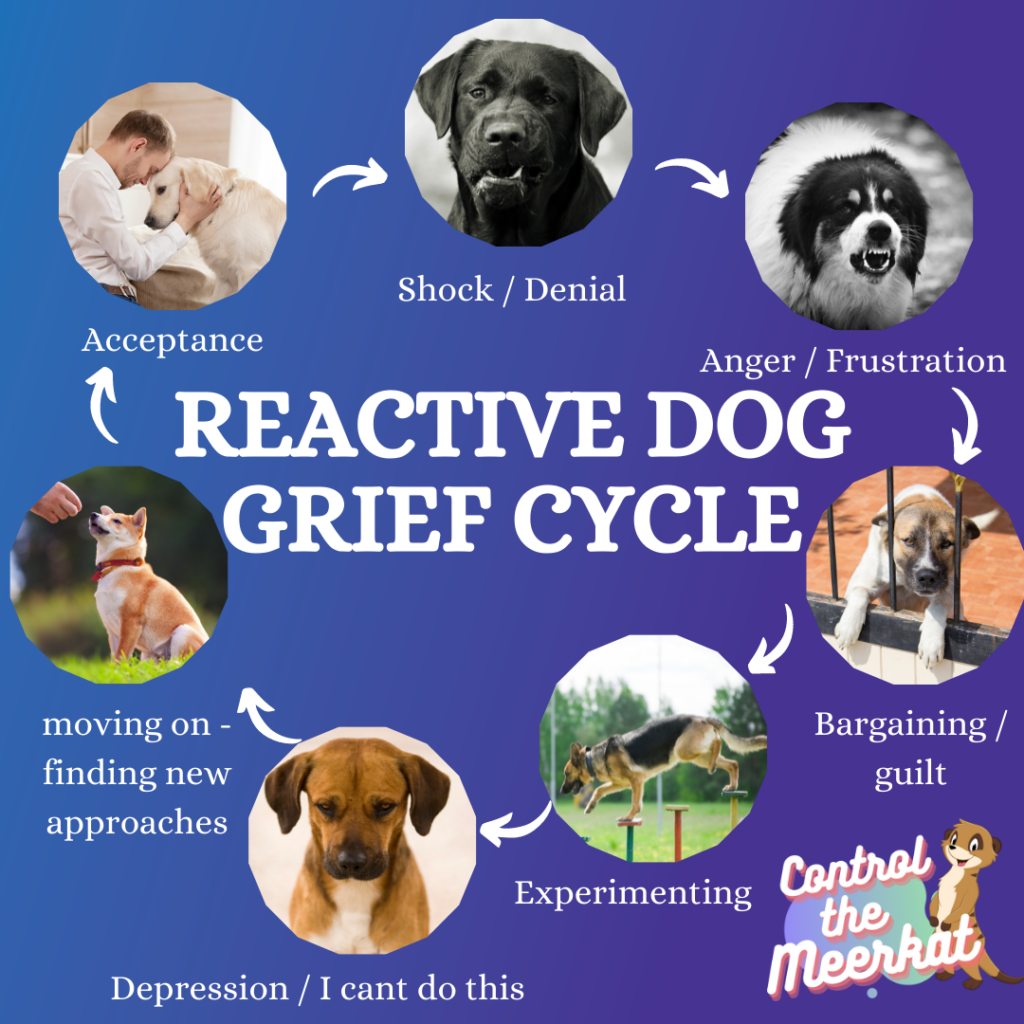Why do dogs chase shadows?
Shadow chasing, a class of repetitive behaviour that includes chasing, or fixating on, lights, reflections and shadows is a common condition in some breeds, often affecting collies and spaniels. The extent of the behaviour can range from taking up only a few minutes of your dog’s day to taking up 90% of the dog’s waking hours. They may stop interacting with their owner, and fail to take part in, and enjoy, other dog behaviours, impacting their quality of life. Repetitive behaviours, also known as compulsive or stereotypic behaviours, are behaviours that are continually repeated, appear out of context and with no obvious goal. Such behaviours include:
- Tail chasing
- Spinning or circling
- Fly snapping (snapping at nothing)
- Repetitive licking or digging at surfaces
- Continually licking or nibbling parts of the body
- Pica – eating of inedible items such as stones

So why do some dogs chase shadows or perform other abnormal repetitive behaviours?
It’s very important to emphasize that, contrary to popular belief, abnormal repetitive behaviours are typically NOT caused solely by boredom. Recent studies have revealed that other factors are usually responsible. For instance, Overall et al, in a study back in 2002 that analysed the repetitive behaviours of 126 dogs, concluded that such behaviours are not associated with lack of training, lack of household stimulation or social confinement. Similarly, Tiira et al. in 2012 concluded that tail chasing in bull terriers and German shepherd dogs was not linked the amount of exercise a dog was given, nor the amount of activities or time spent alone. Similar research has yielded comparable results.
These papers show that, just as in people who bite their nails or pull at their hair, boredom alone is rarely a cause of repetitive behaviour. Unfortunately too many owners are told that this is the case, which can stop them approaching professionals for help. They fear that they will be told that they are not providing enough enrichment, exercise or stimulation for their dogs, but this is rarely the case.
So what are the causes of abnormal repetitive behaviours?
There are many factors that can initiate and maintain abnormal repetitive behaviours in dogs, and we often see dogs present with just one or several different combinations of the following contributing factors:
· Health issues or injuries
· Genetic causes
· Early weaning and poor treatment of the mother of the dog
· Anxiety and stress
· Trauma
· Frustration
· Social conflict
· Attention seeking
· Diet
A behaviourist will work with you and your dog’s vet to determine what could be causing your dog’s compulsive behaviour and provide a training and behaviour plan to help your dog to recover. So please get in touch for help – these behaviours don’t get better – they often become much worse – delaying getting help will make the behaviour more difficult to resolve. And please don’t feel that you will be judged for not giving your dog enough time, attention, enrichment, training, exercise etc. This is rarely the case.
References
Ref: Overall KL, Dunham AE. Clinical features and outcome in dogs and cats with obsessive-compulsive disorder: 126 cases (1989-2000). J Am Vet Med Assoc. 2002 Nov 15;221(10):1445-52. doi: 10.2460/javma.2002.221.1445. PMID: 12458615.
Ref: Tiira K, Hakosalo O, Kareinen L, Thomas A, Hielm-Björkman A, et al. (2012) Environmental Effects on Compulsive Tail Chasing in Dogs. PLOS ONE 7(7): e41684. https://doi.org/10.1371/journal.pone.0041684





